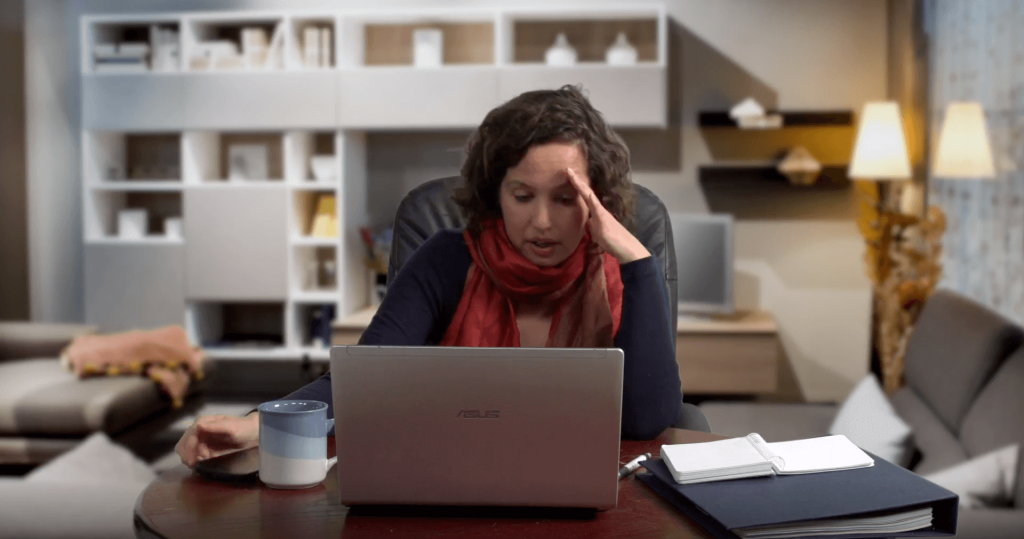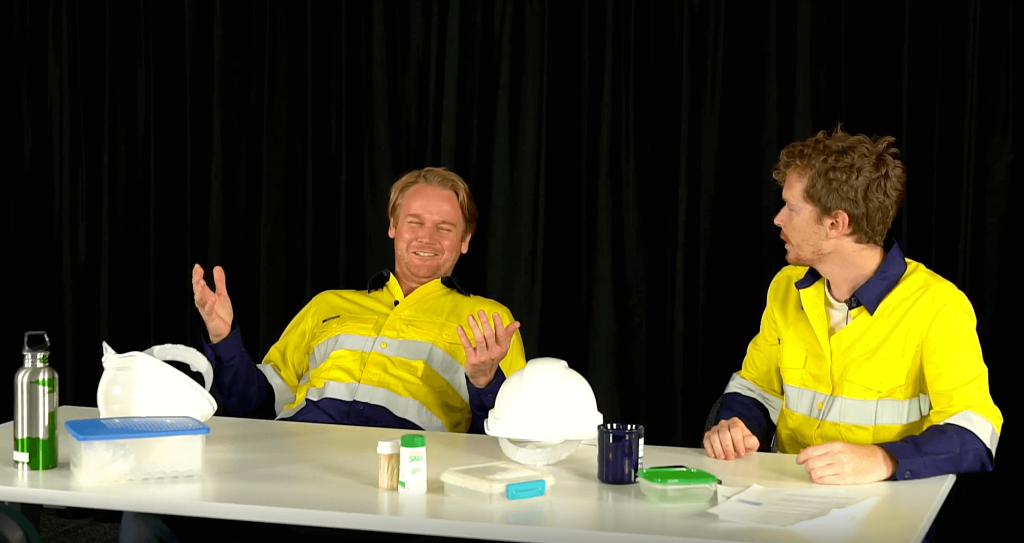Top 10 Insights
1. Mental health is so important right now.
The COVID 19 had brought unpredicted, fear, change, and, panic that has affected us all. This outbreak has created an emergent decline in mental health for many, and we are not all dealing with it in the same way.
For example, some at-risk groups have been experiencing some terrifying circumstances, those who have come from trauma backgrounds are being triggered, and then there are many who have not had mental health issues in the past who have now found themselves vulnerable. The ‘weight’ people are carrying psychologically from the social isolation, with medical uncertainty, and restrictions to the level of respite many families can access is a real problem.
2. Mental health help-seeking
If you feel like you need help for your mental and emotional health, then you must act on it. The earlier you seek help, the sooner you can work on getting better. Delaying the gesture of help-seeking will force your body into a crisis state. If left untreated some mental health conditions can severely impact a person’s development and life fulfilment (Connell et al., 2012).
3. Some common responses people might be feeling in the context of COVID-19
If people are adjusting well to COVID-19 they may find themselves going through the following phases.
1. Fight or flight
2. Retreat
3. Routine
It is also completely normal to go through the following emotions: stress, anxiety, grief, loss, depression, and trauma.
4.The role of the bystander is critical
Checking in on people is essential when people are acting on a fight and flight basic there adrenaline is pumping. Someone’s in this state may not know their mental state is suffering yet. The risk is that if people remain in a state of fight and flight they will remain at risk of burn out 3x faster.
5. Workplace mental health is everyone’s responsibility
Mental health is important for workplaces and for employees. Especially with COVID 19, and the whirlwind of stress that it brings. Defining what mental health in your workplace looks like helps you to provide clarity and context to your team. If you are able to share with your staff how you think working from home could affect their psychological safety, then you can start to guide conversations in how you can support them through early intervention pathways if and when it’s needed.
6. Defining your workplace role
It is unrealistic for workplaces to get their teams to fit into the role of a mental health professional. If they have not be trained or they are not qualified to handle this situation then this can be damaging to the person needing help as well as the person trying to help.
Accidental counselling can easily occur. “An Accidental Counsellor can be anyone who is not employed as a trained counsellor, but often finds themselves placed in a counselling role by accident” Australian Community Workers Association. Your workplace mental health policies should guide your team in how to respond in a safe and supportive matter for all parties involved.
7. Woman in business are at risk of mental health decline
Studies pandemic show that working women are more vulnerable than men to burnout (Robinson, 2019), and female founders are a high-risk group of developing mental health conditions (Chapman, 2018). Add the stress and strain of COVID 19 to the mix, and you will see that woman in business are a vulnerable group that are at risk of mental illness developing due to the need to balance work and full-time child care during this period of social isolation. Please priorities to check in on women in business. The full swing of the decline in mental health may last for another 6months. Even if schools go back the aftermath of social isolation will stick around for a bit.
8. How to look out for in your colleague’s mental health remotely?
In times like these, you need to rely on your gut instincts. You know how your teammates would usually respond. How has working remotely affect them? Take the time to find out what is challenging for them in these transition periods and what is working well for them. Working remotely may add some challenges however recent times have also provoked an increase in human connection. Be authentic with those you are working with and let them know you care.
9. Clear communication can help you lead in times of uncertainty
We tend to underestimate the value of clear community practices. How great would it be if the person on the other end of a phone line or zoom call could just read your mind? Then you wouldn’t need to spend time explaining yourself!?! If only.
When you find yourself in frustrating staff situations it is important to not exhaust yourself micromanaging your people working from home. It is not helpful for anyone. People will remember how you react in these times so be genuine, because this gesture will be appreciated. Check in to see what is and isn’t working. If you need to, lower your expectations and reassess your workloads. This phase will pass.
10. Take the time to check in with you
What we are all dealing with is hard. Some people are under the pump being hit with ASAP deadlines, some have family members that may be crawling all over their personal space, and others are dealing with significant health issues or job losses. Take the time out to breathe, and be honest with what workloads you think you can handle. Your self-care is important.






